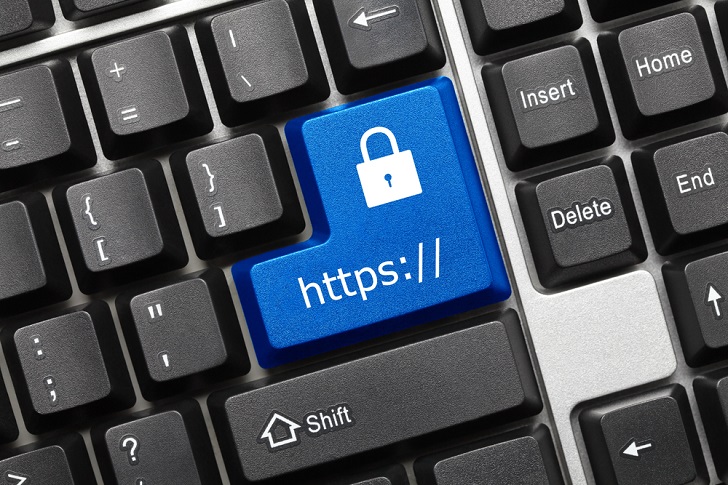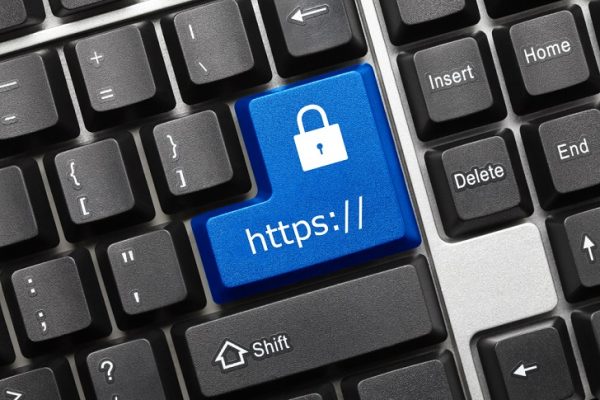With the rise of e-commerce in Nigeria, it is almost unavoidable to buy products online or give our personal information to websites. While this development has made buying and selling so much easier, it has also increased the risk of identity theft and online scams.
Information inputted online is not always safe as criminals can easily access sensitive knowledge including passwords, financial, and other personal information. To help, Jumia Travel has compiled a list of simple, straightforward tips for regular people who need to protect their financial data over wireless channels.
- Ensure you only input information on secure sites.
It is important that you verify the legitimacy of a website before inputting your data in it. Before entering credit-card information, carefully scrutinise the website to ensure it is secure. You can do this by looking out for the security symbol that usually appears in the address bar at the top of the web page. If the page is secure, you will find “https” at the beginning of the web address. The “s” indicates security, but if there is no “s” following the http, this means the page is not secure and any financial information that is entered is vulnerable to being intercepted by a third party.
- Use your bank’s official app.
When performing transactions online, it is always safer to use your bank’s official app rather than a third party app or portal. It keeps your financial information safe and reduces the chances of online scams. Also, once you are done with the transaction, ensure you log out.
- Use passphrases instead of passwords.
The usual advice is for users to opt for strong and creative passwords with laptops, credit, bank, and other accounts. However, an even better option is for users to opt for passphrase than passwords. It simply implies using a much longer password made from using the first letter of each word in a phrase from a favourite song lyric, quote from a book, magazine, or movie, along with a combination of numbers and special characters. This makes the password harder to crack but easier for you to remember.
- Use an on-device, personal firewall.
Most online sites have firewalls, however, firewalls are not just for servers and browsers; users online can install their personal firewall on their mobile device and computers, so as to protect them from direct attack, also blocking dangerous programs, viruses or spyware before they infiltrate your system. Personal firewalls can either be software-based or hardware-based, however, the hardware-based, especially those built into network routers, provide a better level of security.
- Use a two-factor authentication process.
The two-factor authentication process may seem like a chore considering you have to go through more than one verification process, however, it is very useful way to ensure you are the only one accessing your banking, social media accounts or email. Usually, the second authentication process requires a one-time code that is directly sent to your phone or a registered number which only you can access.



